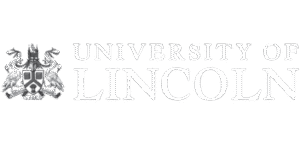Essential Skills, Mindset, Interview Tips, Advice and Strategies for Aspiring Marketing Leaders
What mindset and key skills do tomorrow’s marketing leaders require to continue developing their career prospects? Radmila Blazheska, Chief Marketing Officer, sat down with David Zaranka from tml Partners, Senior Marketing recruiters and Executive Search specialists, to answer his questions to ensure aspiring Marketing leaders are prepared for the journey to come.
What skills and mindsets are crucial for aspiring marketing leaders?
When seeking promotion to the role of Chief Marketing Officer (CMO), it’s essential to focus on developing a comprehensive skill set that encompasses both traditional and digital marketing competencies. Start by identifying areas where you can enhance your expertise, such as data analytics, customer experience, and strategic planning. Consider pursuing certifications or additional training to strengthen your capabilities in these areas. For example, obtaining a certification in Google Analytics or completing a course on marketing automation platforms can demonstrate your commitment to professional development and readiness for a leadership role.
In addition to refining your technical skills, focus on developing strong leadership qualities that will enable you to effectively manage and inspire teams. Take on leadership roles in cross-functional projects or volunteer for opportunities to mentor junior team members. By demonstrating your ability to lead and motivate others, you’ll build a reputation as a capable and respected leader within your organisation.
How can aspiring CMOs prepare for interviews for leadership positions?
When preparing for interviews for CMO positions, it’s crucial to showcase your strategic thinking, vision, and ability to drive results. Be prepared to discuss your past achievements and how they align with the company’s objectives and values. Provide concrete examples of successful marketing campaigns or initiatives you’ve led, highlighting the measurable impact they had on business outcomes. Additionally, be ready to discuss your approach to leadership, team management, and collaboration with other departments.
What are the expectations for the role of a CMO?
As a CMO, you’ll be responsible for overseeing all aspects of the marketing function, from strategic planning and budgeting to execution and measurement. You’ll work closely with other senior leaders to align marketing initiatives with overall business objectives and drive revenue growth. Expect to be involved in high-level decision-making and to serve as a key advisor to the CEO and board of directors on marketing-related matters.
The CMO Report, by tml Partners, brings together Chief Marketing Officers from across industries to discuss and unpick some of the biggest challenges facing marketing leaders today.
How should CMOs approach building or inheriting a marketing team?
Whether you’re building a new marketing team from scratch or inheriting an existing one, effective leadership and change management skills are essential. Take the time to assess the strengths and weaknesses of your team members and identify areas for development. Provide clear direction and guidance on expectations and foster a culture of collaboration and innovation. If necessary, make strategic hires to fill any skill gaps and ensure that your team is well-equipped to execute on the company’s marketing strategy.
What challenges do CMOs face, and how can they navigate them?
CMOs face various challenges, including budget constraints, market competition, and changing consumer preferences. By staying adaptable and resourceful, CMOs can navigate these challenges effectively. For example, a CMO may develop contingency plans to address unexpected market shifts or competitor actions.
How can CMOs embed themselves in their teams and drive the marketing function forward?
Building relationships with cross-functional teams is essential for a CMO’s success. Collaboration with sales, product development, and customer service teams ensures alignment and seamless execution of marketing strategies. For example, a CMO may work closely with the sales team to develop targeted campaigns that support lead generation efforts.
CMOs must also foster a culture of creativity and innovation within their teams. Encouraging brainstorming sessions and experimentation can lead to breakthrough ideas and campaigns. For instance, a CMO may challenge their team to come up with innovative ways to engage customers through interactive content or experiential marketing events.
How important is mentorship and guidance?
Mentorship from experienced marketing leaders can provide valuable insights and support. Aspiring CMOs should seek out mentors who can offer guidance and advice based on their own experiences. For example, a CMO may meet regularly with a mentor to discuss career goals, challenges, and opportunities for growth.
Conclusion
Achieving the role of CMO requires dedication, perseverance, and a passion for marketing excellence. By setting clear goals, continually learning, adapting, and maintaining a positive mindset, aspiring CMOs can turn their dreams into reality. Remember, the journey may be challenging, but the rewards are worth it.
To learn how tml Partners can help Marketing leaders and hiring managers, get in touch with David Zaranka:











